Starting chemotherapy can impact your oral health, as the treatment may cause side effects like dry mouth, mouth sores, and an increased risk of infections. To take care of your teeth and gums during chemotherapy, we recommend the following:
1. Maintain a Strict Oral Hygiene Routine
● Brush your teeth at least twice a day using a soft-bristled electric toothbrush and fluoride toothpaste. This helps remove plaque and bacteria that can cause tooth decay or gum infections.
● Clean in between your teeth at least once a day to remove plaque. There are many different ways in which you can accomplish this, like flossing, using a Waterpik, interproximal brushes, etc. Be careful if you have mouth sores or sensitive gums.
● Use products to remineralize and protect your teeth. We have some prescription products that we are happy to provide you like prescription strength fluoride toothpaste or calcium phosphate concentrate (MI Paste). An unfortunate side effect of the dry mouth can put you at higher risk for tooth decay, so prevention will be your best medicine. There are also over-the-counter products like dry mouth rinses or mouth sore rinses. We are happy to take a look at something you are thinking about purchasing to let you know if it will be helpful for you.
2. Stay Hydrated
● Chemotherapy often causes dry mouth (xerostomia). Drink plenty of water throughout the day to keep your mouth moist and help wash away food particles and bacteria. You can also use saliva substitutes or xylitol gum/mints to help promote more salivary flow.
3. Avoid Irritating Foods
● Chemotherapy can make your mouth sensitive. Avoid acidic, spicy, salty, or rough-textured foods that may irritate mouth sores or cause new lesions.
● Opt for soft, bland foods that are easier to eat and won’t further irritate your mouth or throat.
4. Address Mouth Sores Promptly
● Mouth sores can be a common side effect of chemotherapy. Use a saltwater rinse (1/2 teaspoon of salt in a glass of warm water) or we can prescribe a mouth rinse that can help with pain in addition to promoting healing.
● Avoid alcohol-based mouthwashes, as they can dry out and irritate your mouth further.
● If sores become painful or persist, we can talk about topical treatments or prescription options.
5. Regular Dental Checkups Before and During Treatment
● If possible, see us before starting chemotherapy to ensure your mouth is in good condition. We can address any existing dental issues and advise on the best way to protect your teeth during treatment that is tailored to you.
● If you’re already undergoing chemotherapy, maintain regular checkups to monitor oral health and manage any complications that arise.
6. Watch for Infections
● Chemotherapy can lower your immune system, making you more susceptible to infections, including gum infections. If you notice symptoms like redness, swelling, bleeding gums, or persistent bad breath, contact your dentist or oncologist to address it as soon as possible.
7. Avoid Tobacco and Alcohol
● Smoking or drinking alcohol can increase your risk of oral infections and further irritate the mouth and gums. It’s best to avoid these during chemotherapy to help reduce complications.
8. Consult with Your Oncologist
● Make sure your oncologist is aware of any dental concerns or issues you experience during chemotherapy, as they may offer advice on managing side effects or adjusting medications that could affect your oral health.
By staying proactive and maintaining good oral care, you can help protect your teeth and gums while undergoing chemotherapy and reduce the likelihood of complications.
Contact Us
150 Middlefield Rd #101,
Menlo Park, CA, CA, 94025
Email: office@stanfordfamilydental.com
Phone: (650) 328-2072
Working Hours
MON8:00 am - 5:00 pm
TUE8:00 am - 5:00 pm
WED8:00 am - 5:00 pm
THU8:00 am - 5:00 pm
FRIClosed
SATClosed
SUNClosed
